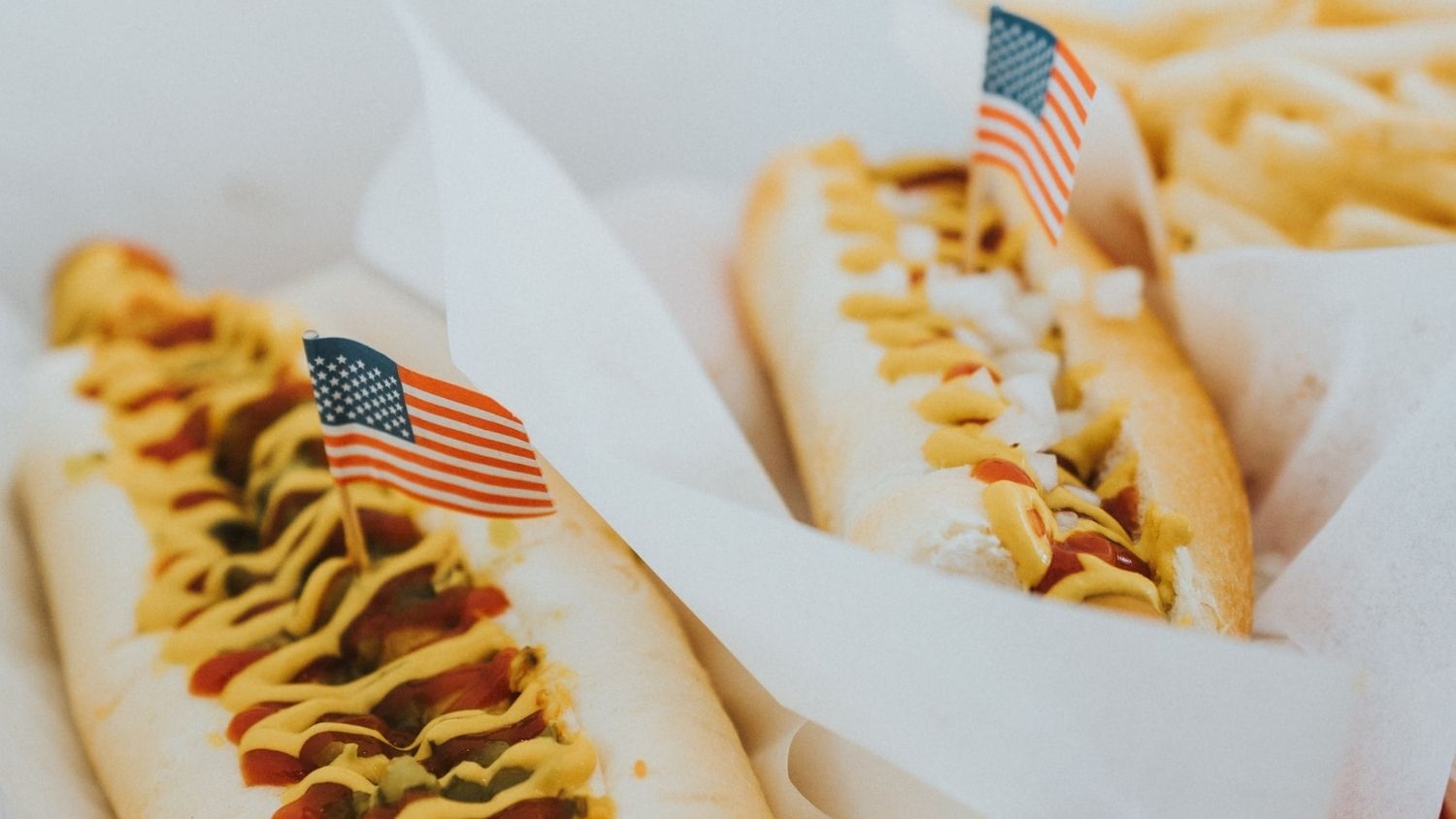Strategies Can Help Teach Students to Discuss Politics

The election is underway and the holidays are around the corner, so it’s good news that researchers are working on strategies to help adults and young people productively discuss political differences.
In the journal Social Education, researchers from NC State described efforts to launch an event series called “Dinner with Democracy” to get students involved in political discussions and help train future social studies teachers. This year, the event will be held virtually Oct. 21. Through these events, researchers hope to help students develop skills valuable to life in a democracy.
“Democracy is grounded on the idea that we will talk to each other and work through our problems,” said the study’s lead author Paula McAvoy, an assistant professor in NC State’s College of Education. “So my research has been about engaging students in controversial political issues in the classroom.”
McAvoy was lead author of the paper, which was co-authored by Christy Byrd, assistant professor at NC State, and graduate students Arine Lowery and Nada Wafa. The Abstract sat down with McAvoy to talk about engaging students in political discussions in advance of the virtual Dinner with Democracy event.
The Abstract: You talk about disagreement being a fundamental part of democracy. What do you mean?
McAvoy: Democracies are founded on the idea that people should be given an opportunity to participate in the creation of the laws that govern them and that people can work together to come up with solutions that they can all live with. Inherent in that is you’re going to disagree. We have to get used to the idea that we disagree, there are good reasons to disagree and we need to learn how to give reasons to each other and hear each other.
TA: Why did you want to highlight Dinner with Democracy?
McAvoy: What I liked with Dinner with Democracy is that it’s a multigenerational approach to not only to help young people talk about issues in the classroom, but also to help parents join in the discussion. We can show how we can talk about our differences, hear each other and be willing to be kind to one another.
TA: How did this come about?
McAvoy: Two teachers heard about the concept at the North Carolina Council for Social Studies conference from a teacher who had students find an adult to have a meal with, talk about political issues with that person and report back. After hearing that, the two teachers decided to make it a school event by inviting parents and students to a potluck where students presented discussion questions for each course of the meal. We took that idea to NC State and made it a public event for middle and high school students, teachers, NC State students, faculty and the community.
TA: What was the structure of your event?
McAvoy: In an event like this, you want people to be able to listen to each other. We did several rounds of small group discussions with a facilitator that began with a three-to-five minute setup of the question they were going to talk about.
At the beginning of the discussion, everyone shared personal reflections. The rule was that everyone had to listen to your answer without interrupting or arguing; everyone had to hear from everyone in the group. That did two things: It first promotes the idea that we’re all going to listen to one another, and second, it puts everyone’s humanity into the discussion so we know where we are coming from. So it promotes empathy. You bring yourself first, and political views second.
Then we used a discussion strategy called the “Tug-of-War,” which asks the group to collectively think of reasons for and against an issue. That puts everyone on the same side – we’re working together to come up reasons for and against.
The last thing you do is try to explain what you think about the issue.
TA: How did participants respond?
McAvoy: I was very happy that in the evaluations, the participants said they felt their discussions were productive and fair and there was a sense of civility.
TA: What lessons can teachers and students learn from this?
McAvoy: There are different ways to have classroom discussions or engage with students.
One thing that’s tempting is to have students debate. A debate is what you associate with elections. In today’s polarized climate, the debate format exacerbates our differences, and it teaches people to get a view and hold onto it. You teach people to become entrenched in their views.
The activities that we did promote deliberation, which is a different type of discussion. That’s what we model in Dinner with Democracy. Deliberation is about trying to come to a common understanding rather than winning.
In the classroom today, I hear from a lot of teachers that parents are leery, teachers are leery; they don’t want things to get out of hand. We are trying to show that being very careful and intentional about how you are going to have your discussions is essential for having them go well.
- Categories:


